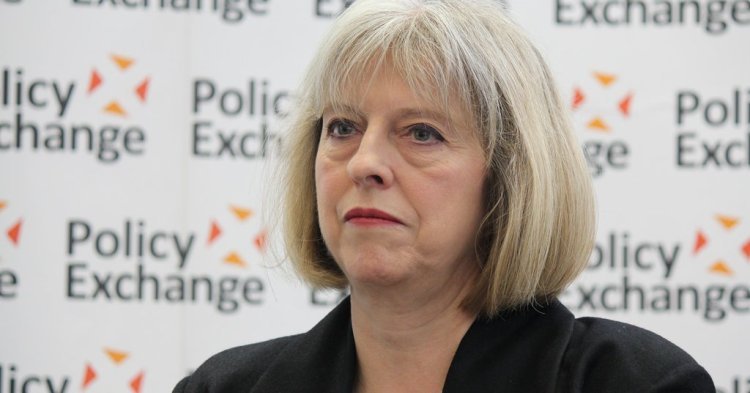Irony is blistering as the party that kept repeating the mantra of “strong and stable leadership” sent Britain off towards even more political precarity in botching an election it called itself, apparently for the purpose of partisan gain. From now on, the government will constantly have to dread a vote of no confidence, as there is extremely little room for rebelling within the Tory ranks and DUP continue to hold the keys to the majority.
As BBC’s experts noted on election night, it will be difficult to gain majorities for any divisive reforms concerning economic policy with a working majority of less than ten seats. Moreover, securing parliamentary approval for government Brexit policies can be a daunting task, as the Conservatives have a Brexit extremist wing, as well as a pro-European ‘soft Brexit’ faction. Unless there is aid from the opposition, whoever the Prime Minister will be will have to find ways to satisfy all factions within the governing alliance.
The likelihood of a government collapse is considerable, and the risks are high. If a new election still takes place during the Brexit negotiating period that extends until March 2019, precious negotiating time will potentially be wasted. And what if a new government with a fresh political mandate steps in and wants to renegotiate some parts of the divorce deal, nullifying whatever progress may have been made in the past months? The clock is ticking, and it’s Britain that is starting to be in a hurry.
What may make life easier for the government the Conservatives seek to build can be a lack of discipline within the opposition. Like there’s potential for rebelling in the ranks of the Tories, so it can be with Labour. After his relative electoral success, Jeremy Corbyn appears to command greater legitimacy among his party than what he did in the spring, which may unify the opposition. How well the multitude of parties in the opposition can coordinate among themselves in key votes will be of great consequence for Britain and Europe alike.
One more thing to consider is what the Democratic Unionist Party can extract from the Tories in return for the direly needed favour. DUP, who won ten of the 18 Northern Irish seats, will know that this is their moment to shine. If they’re ready to play hard, the Tories will have to seriously consider what conditions for a semi-official coalition would be politically too costly, even as the alternative is potentially yet another election.
The number of variables in the complex British situation is currently extremely high, and overall the odds are stacked against successful, strong and stable government. Will the party of Theresa May, Boris Johnson et al. be able to display the cold-blooded competence that is required to steer the weak and wobbly ship that Britain has become under Tory direction? Expect British politics to provide more reasons for shock and amusement in the next two years.


Follow the comments: |
|
